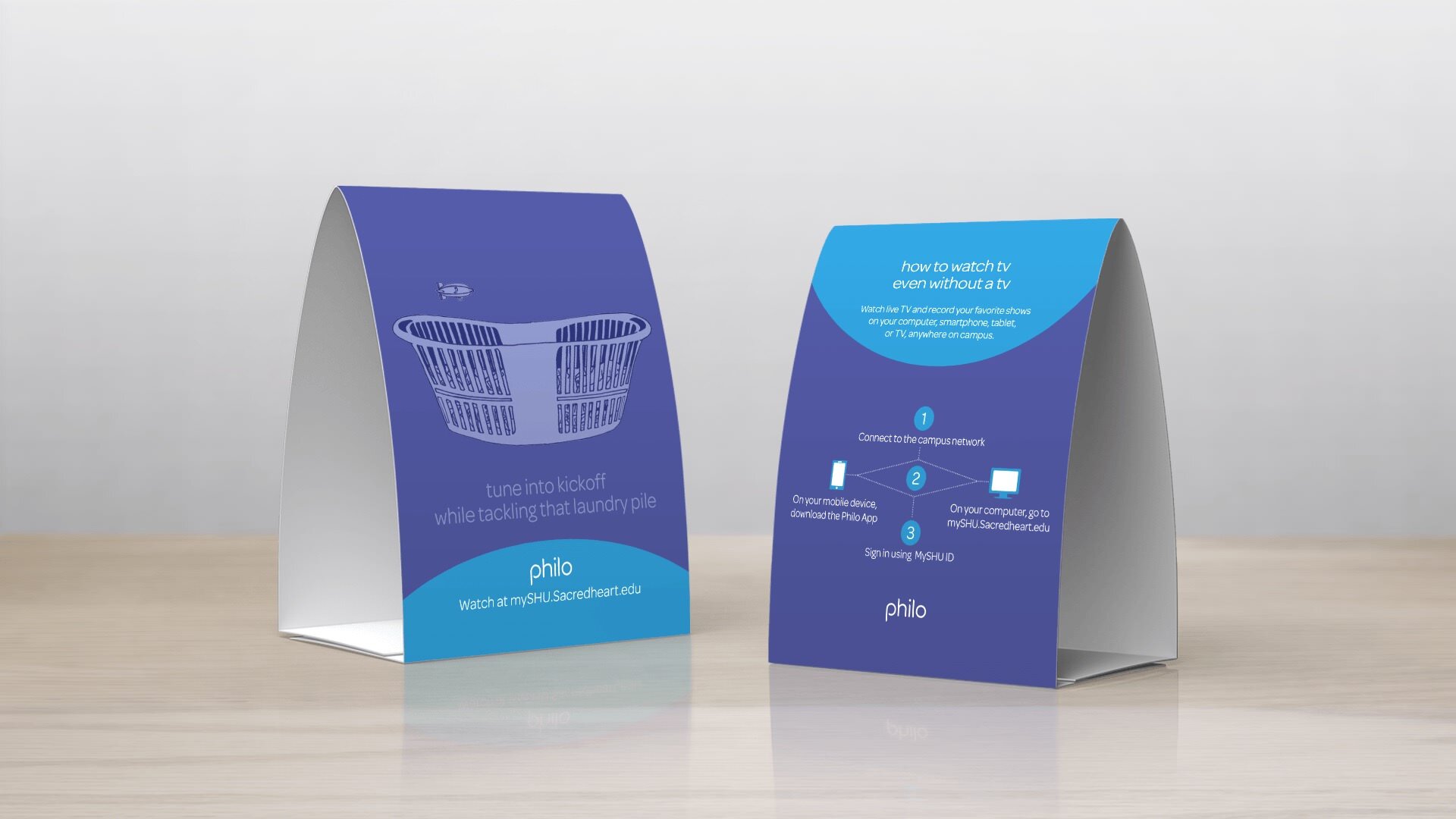We helped Philo beat FREE.
Philo posed three interesting challenges:
1. The students Philo was trying to attract were getting the service (streaming TV) elsewhere for free.
2. Because TV executives are dumb, we weren’t allowed to mention the names of the shows students wanted and could get through Philo.
3. The students were trying as hard as they could to ignore us. Just like any desired customers for anything.
Philo was created to solve a problem for the schools: How to get kids living on campus to stop using pirated video streams to watch TV. No schools wanted to find out where exactly in the gray area of responsibility are kids using the school’s broadband internet to steal copyrighted TV shows.
Getting administrators and school IT staff onboard was relatively easy: predictable bandwidth demands, a desirable addition to student activities, less chance of jail time for abetting theft of TV properties.
Getting the students to give up their illegal streams was a bigger challenge. The kids knew how to access pirated TV, they knew it was free, so — aside from being immoral and illegal — what’s the problem?
First, we made it clear that watching TV without a TV is easier on Philo than it is through pirated streams, using the school’s network that students are using already. Also, they can access their shows on any screen they have, anytime they’re online. They could record and play back shows. And finally, we made it fun.
We turned not being able to say the name of the shows into the headlines and put them on doorknobs, on table tents, on posters around campus, and online. Adoption took off, video piracy on campus was thwarted, and Philo became the leader in providing broadband content to kids on campus across the U.S.





